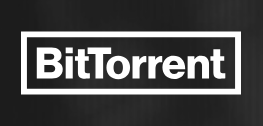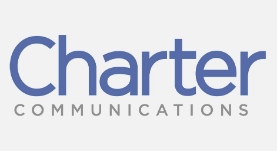BitTorrent Announces Social Media Streaming Platform “BitTorrent Live”
mercredi 27 mars 2019 à 16:10
Many people know BitTorrent Inc. for its uTorrent and BitTorrent mainline clients, which have a base of roughly 100 million monthly users.
The company has tried to launch many other applications and services over the years, to diversify its offerings, but these efforts haven’t been very successful.
After the acquisition by the crypto-startup TRON, there is no shortage of new plans. With solid financial backing and fresh developers, the company has just announced a new product, “BitTorrent Live,” which it hopes the masses will embrace.
The “BitTorrent Live” brand itself isn’t new. A similarly named service was revealed to the public in 2013, but after several iterations, this eventually shut down. However, the new BitTorrent Live promises to be something entirely different.
The new platform will operate as a social media network which people can use to stream live content from and to mobile devices, anywhere they have access to the Internet.
“Imagine chatting with your favorite athlete, becoming immersed in a music festival, or meeting new friends to share your passions – all by simply firing up the BitTorrent Live app,” says Justin Sun, CEO of BitTorrent.
“By using our decentralized technology, we aim to create a boundary-free internet but also be at the forefront of a new content experience,” Sun adds.

Live streaming apps are nothing new of course. Many social media platforms already incorporate some kind of streaming function. BitTorrent Live promises to be different, with a strong focus on privacy and an option for creators to generate revenue.
“In coming months, BitTorrent Live also will incorporate blockchain technology that returns privacy and ownership to users while also enabling cryptocurrency to be used as a new payment option,” BitTorrent Inc. says.
The problem is that, for now, there is nothing to test. The company has opened the door for Beta testers to apply, but it will take at least a few more weeks before the first invites go out. There are no mockups of the application available either.
TorrentFreak did learn that the first version of the platform won’t use BitTorrent to power the live streams. There is no option to access archived content either, it appears.
Specifically, BitTorrent Inc. told us that the early version of BitTorrent Live “will be centralized.” This means that, unlike the name suggests, there is no P2P technology involved.
“But the team is already looking at ways to integrate decentralized technology into the core of the app. We are also looking at ways to archive the content,” a BitTorrent Inc. representative added.
The company further explained that the revenue generating opportunities it plans to offer will depend on “content quality.” These revenues will be paid in BitTorrent’s own BTT token, which launched in January.
At this point, it’s hard to tell whether the public will be interested in the live streaming platform. The same can also be said for its ‘get paid to seed’ plans. It would be interesting if BitTorrent Live eventually incorporates BitTorrent technology though. They have the patent for it, after all.
Source: TF, for the latest info on copyright, file-sharing, torrent sites and more. We also have VPN reviews, discounts, offers and coupons.


 In 2016, the European Commission first announced its plans to
In 2016, the European Commission first announced its plans to 
